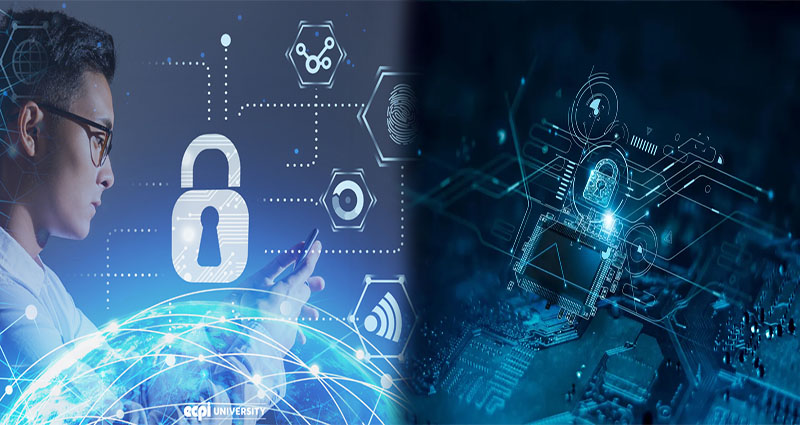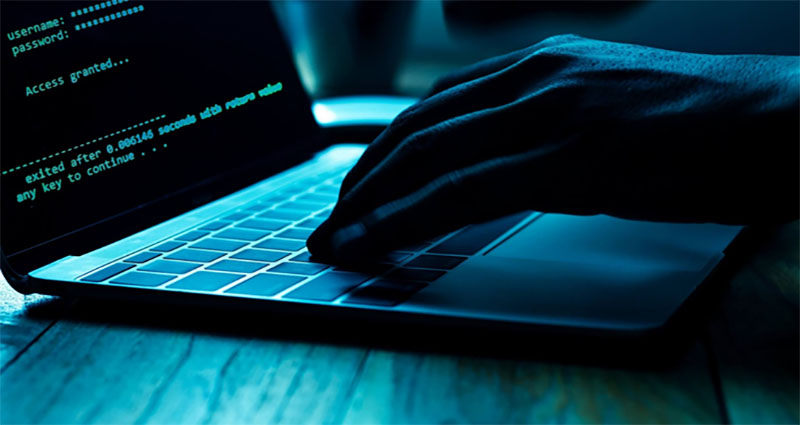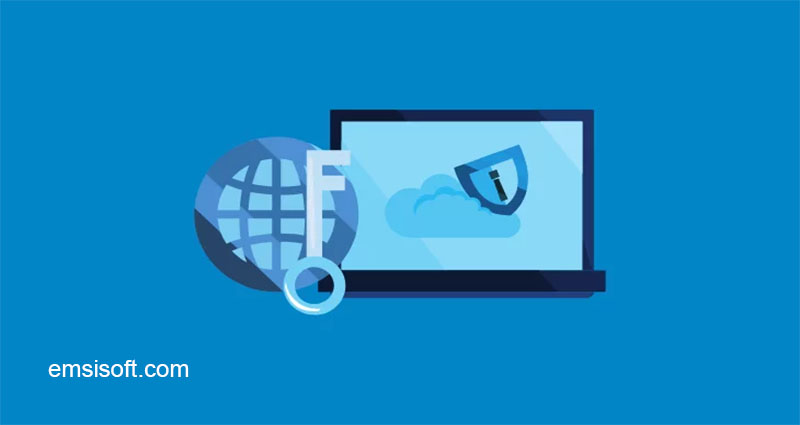Cyber security is a big deal. If you’re not taking the threat seriously, you’re likely to be one of the many companies who’ve fallen victim to a cyber attack. Companies spend millions each year on cyber security, but there are ways that small businesses can protect themselves without spending a lot of money. In this article, we’ll explore some basic principles for protecting your computer as well as ideas for encrypting data and protecting your network from common threats.
The Basics
The Basics
What is cyber security? It’s the act of securing your company’s data and information from hackers, spies, and other cyber threats.
It sounds like an intimidating task–and it is! But you don’t have to be a computer whiz or hire a team of security experts to get started on this journey. Here are some basic principles that will help you get started:
- Cyber security isn’t just about protecting your own personal information; it also means protecting the sensitive information that companies hold about their clients and customers (like credit card numbers). This type of data is often referred to as “sensitive” or “confidential” because it could potentially cause harm if exposed without permission by unauthorized parties. Companies use various methods to protect this sensitive information from being accessed illegally–this includes encryption techniques where only authorized individuals can access encrypted files; firewalls between networks so outsiders can’t access them; antivirus software installed on computers running Windows OSes; etc.*
How To Protect Your Computer
- Install antivirus software.
- Keep your software up to date.
- Use strong passwords that are unique for every site you register on and never use the same password twice! It’s also important to choose unique passwords for each site, as hackers will often try using one password they know works on multiple sites. When you create a new account, make sure it has two-factor authentication (2FA) enabled — this means that when someone tries logging into your account from an unrecognized device, they’ll have to enter a code sent via SMS or text message before being allowed access. This not only helps protect against phishing attacks but also makes sure no one else can get into your stuff if they steal something like a laptop from you!
- Install firewall software such as McAfee Firewall Plus; it won’t cost much money at all ($10-$20/year) but will offer great protection against viruses & malware while also preventing unauthorized access by hackers trying break into networks through ports such as 21/22 (FTP), 8080/8443 (HTTP), 88/8088888888/8443(HTTPS).
How To Encrypt Your Data
Encryption is a process of encoding data in such a way that only authorized parties can read it. Encrypted data is often unreadable to anyone who does not have the key to unlock it, even if they know what type of encryption was used.
Encryption can be used for many purposes, including:
- Protecting information from unauthorized access
- Securing communications (e-mail messages, instant messages) and computer networks (VPNs)
Ways To Protect Your Network
In order to protect your network, there are several things you can do:
- Use a firewall. A firewall is a device that filters traffic between your computer and the Internet. It protects against unauthorized access by hackers who try to gain access via the web or email servers.
- Install antivirus software on all of your devices and make sure it’s up-to-date with the latest virus definitions. Antivirus programs identify and remove viruses from computers before they can cause damage by stealing information or destroying files on your system (or someone else’s). They also scan emails for viruses before sending them out into cyberspace where they could infect other computers on its journey through cyberspace until reaching its final destination–you!
- Use a password manager like LastPass or Dashlane to create strong passwords that are easy for humans but hard for computers (and people) because they contain random characters like numbers, letters and symbols which makes them more difficult for hackers trying to guess them when breaking into systems such as Microsoft Word documents containing confidential information like employee salaries etcetera…
Common Threats
Cyber security threats are everywhere. The most common ones are viruses, malware and phishing. Viruses can infect your system and cause it to crash, while malware can harvest information from your computer without you knowing it’s happening. Phishing scams try to get personal information from users by posing as legitimate companies or services (such as Google). Ransomware is another type of threat that locks down your files until you pay a ransom fee in order for them to be unlocked again
Cyber security is an important part of business and we need to protect ourselves.
- Cyber security is an important part of business and we need to protect ourselves.
- A cyber attack can be devastating for your company, but if you’re proactive about protecting yourself, it won’t be so bad.
- It’s up to you as the business owner or manager to make sure that your company has proper cyber security in place so that these attacks don’t happen in the first place!
Cyber security is a topic that’s almost impossible to avoid these days, with news of data breaches and hacking making headlines on a regular basis. However, if you’re concerned about protecting your business against cyber threats then don’t worry because there are plenty of things you can do to stay safe. The most important thing is knowing what types of attacks exist and how they work so that when one does happen (and it will), you won’t be caught off guard by it!





